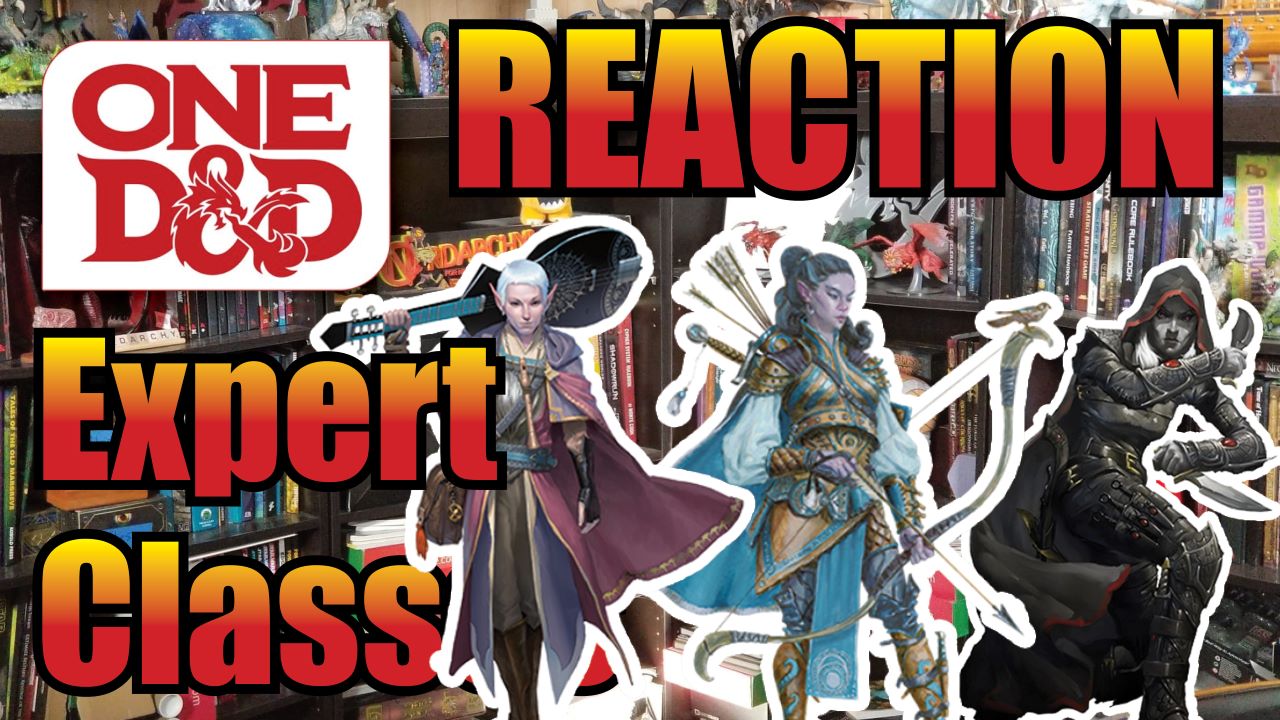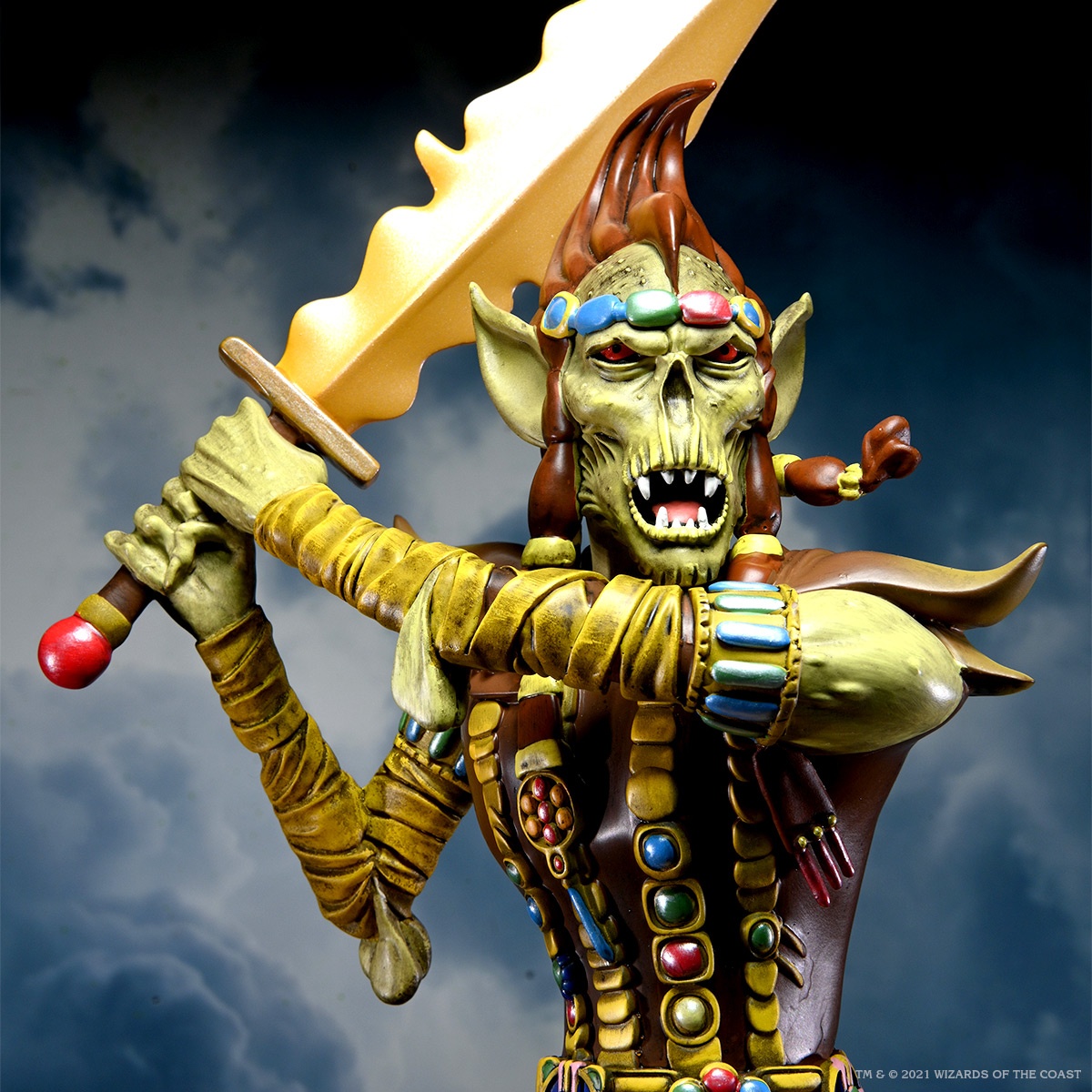
“Mirrors of The Soul”- Out of The Box D&D Encounters #16
August 19, 2016
Introduction:
DMs everywhere will agree on one thing: players will meta-game, even if subconsciously. Because of  this, it can sometimes be hard to get players to try certain paths, enter portals, or take risks that are new. More experienced players tend to be guilty of this whereas brand new players are not.
this, it can sometimes be hard to get players to try certain paths, enter portals, or take risks that are new. More experienced players tend to be guilty of this whereas brand new players are not.
 this, it can sometimes be hard to get players to try certain paths, enter portals, or take risks that are new. More experienced players tend to be guilty of this whereas brand new players are not.
this, it can sometimes be hard to get players to try certain paths, enter portals, or take risks that are new. More experienced players tend to be guilty of this whereas brand new players are not.
Sometimes, the trick to getting the players to get their characters to act in a more adventuresome manner is to use their own meta-gaming outlook to trick them into taking a new chance or trying a new thing.
In essence, you have to out-meta the meta. This encounter is one of those pieces of trickery, and all through the use of a D&D classic – “the secret note”.
This encounter requires a little bit of preparation ahead of time. You will need to prepare two stacks of notes, one blank and one pre-written, all on identical paper. They need to be kept hidden behind your screen or in perhaps a box or other container so that the players have no foreknowledge. One stack will have the same message on all of them.
The other stack will be blank. Both sets of notes should be individually folded up so that any contents cannot be seen. When you produce these notes for the players it cannot be noticed that they come from two different piles from behind your screen. A good “poker face” would help here. 😉
Environment: Dungeon (*special)
Suggested level: any
(* This encounter could be a room in a dungeon, but it could just as well be a pocket dimension, dream sequence, appear in a magical fog, or other strange method.)
The characters will enter a room, roughly 60’ in size, with a number of walls equal to the number of  members in the group (minimum 3). As they enter, the door behind them will seal and appear like a wall with no apparent exit. All of the walls appear to have a translucent, mirrored surface, and mists appear to dance and shift beyond them.
members in the group (minimum 3). As they enter, the door behind them will seal and appear like a wall with no apparent exit. All of the walls appear to have a translucent, mirrored surface, and mists appear to dance and shift beyond them.
 members in the group (minimum 3). As they enter, the door behind them will seal and appear like a wall with no apparent exit. All of the walls appear to have a translucent, mirrored surface, and mists appear to dance and shift beyond them.
members in the group (minimum 3). As they enter, the door behind them will seal and appear like a wall with no apparent exit. All of the walls appear to have a translucent, mirrored surface, and mists appear to dance and shift beyond them.
If the characters succeed in an Intelligence/Investigation (DC: 13) check, they can tell that the mists do not blend from one mirrored wall to another. They may be of slightly different hues, colours, or move in different directions (DM’s choice).
Any character that states that they will approach a mirrored wall will see their reflection in it. However, only the FIRST character to move to a given wall will see it clearly, and in only the first wall they approach. This applies to all characters in the room. The intent is to make sure that every character has a clear reflection in only one wall. With regard to any other wall other than the first one a given character approaches, his or her reflection will appear faded and ghost-like compared to the clear reflection.
Any reflection, clear or faded, will not behave in any other manner other than as reflection. If no character approaches a wall, or if some characters refuse to approach a wall, randomly assign their reflection to a wall.
If a character touches a mirror, or looks their reflection in the eye (as determined by a statement similar to “examine my reflection”), hand that character a pre-written note. Any character that refuses to approach a mirror under any circumstances gets a blank note. Do not let the players open their notes until every character has either been given a pre-written or blank note. Once this has been accomplished, have each player open the note and read it to themselves. (Not to be read aloud)
The pre-written notes say:
“You have entered a mirror realm. Mists surround you. You are standing on the other side of the glass from where you were facing a translucent version of yourself.”
Any character transported to the opposite side of “the glass” (actually a glass-like force field) will be able to see through to the inner chamber where they entered, as well as see any characters who did not approach the glass. They will not see any other rooms or to other chambers where other characters may have gone.
to see through to the inner chamber where they entered, as well as see any characters who did not approach the glass. They will not see any other rooms or to other chambers where other characters may have gone.
 to see through to the inner chamber where they entered, as well as see any characters who did not approach the glass. They will not see any other rooms or to other chambers where other characters may have gone.
to see through to the inner chamber where they entered, as well as see any characters who did not approach the glass. They will not see any other rooms or to other chambers where other characters may have gone.
They cannot hear what goes on in the main chamber and cannot communicate by any means short of telepathy with anyone else. They will not be able to break the “glass”, and if they try to wander the mists they will always end up right back where they started.
Feel free to use some sort of teleportation to do so if a particular character obsesses with wandering the mists.
That established, they will have to deal with their reflection, who will stand there patiently with two hands outstretched. One hand holds a tiny box. One hand holds a knife.
Until the character selects one or the other by statement, pointing, touching, grabbing or whatnot, the reflection will stand there looking at them quietly. Once the character chooses, whatever they choose, as well as whatever they did not disappear in a puff of smoke.
– If they choose the box: The once silent reflection will state a riddle in a eerie, echoing voice. No one else outside the chamber will hear the riddle. This riddle is:
“You saw me where I never was, and where I could not be. And yet within that place, my face you often see.”
The character will then have three guesses to answer the riddle. If they guess correctly, they will be transported back to the main chamber, and will be awarded a one-time free Advantage on their next saving throw, whatever it may be.
If the character guesses incorrectly all three times or refuses to answer within 1 minute (feel free to time it), they will be spat back out upon the floor in the main chamber. The Reflection will then move to it’s side of the glass and shout for all to hear in the main chamber whatever the failing character has written in the “Flaw” section of their character sheet in a language that everybody understands. (perhaps have everyone hear it in their native racial tongue).
– If they choose the knife: The once silent reflection the once idle reflection will initiate a Charisma Challenge. No initiative need be rolled, as both sides will act at exactly the same time. Each side will roll a d20 and add their Charisma modifier. Highest roll wins. Whomever wins the best two-out-of-three wins the challenge. Use the character’s Charisma attribute for both the character and the reflection. However, only the character can benefit from any magic items or spells that affect Charisma. The reflection does not.
If they win the Challenge, they will be transported back to the main chamber, and will be awarded a one-time free Advantage on their next saving throw, whatever it may be.
If the character loses the Challenge, they will be spat back out upon the floor in the main chamber. The Reflection will then move to it’s side of the glass and shout for all to hear in the main chamber whatever the losing character has written in the “Flaw” section of their character sheet in a language that everybody understands exactly like “The box” entry above.
Complications:
Complications arise in a roleplaying sense, and based on exactly who is in the room if or when a reflection shouts a Flaw. This can create an interesting dynamic where players gain a chance to have their characters either build trust or distrust of other characters simply by knowing something flawed about another party member.
Characters may end up with shared secrets, building bonds with each other. Characters might likewise hoard these secrets and blackmail, distrust, or become wary of those whom they thought to be closer allies.
It all comes down to the player/character type.
Dungeon Masters should remain aware of how they think players may interpret this intrusion in their characters’ privacy. The intent is to use meta-gaming to make otherwise over-thinking players more open to roleplaying and character development. If any DM thinks that a player may take such a violation personally, perhaps this encounter isn’t for you. However, if you think that this might put more RP in the G, then by all means go for it.












No Comments